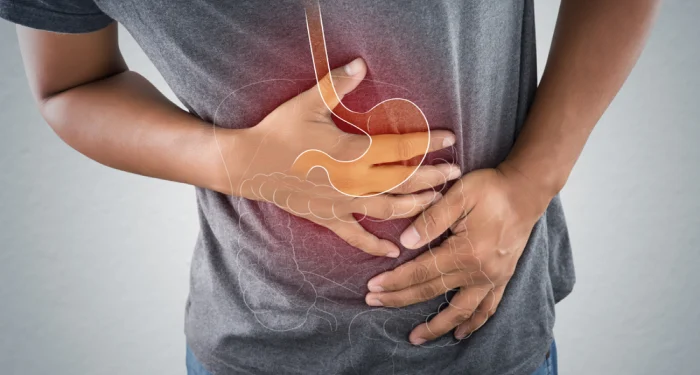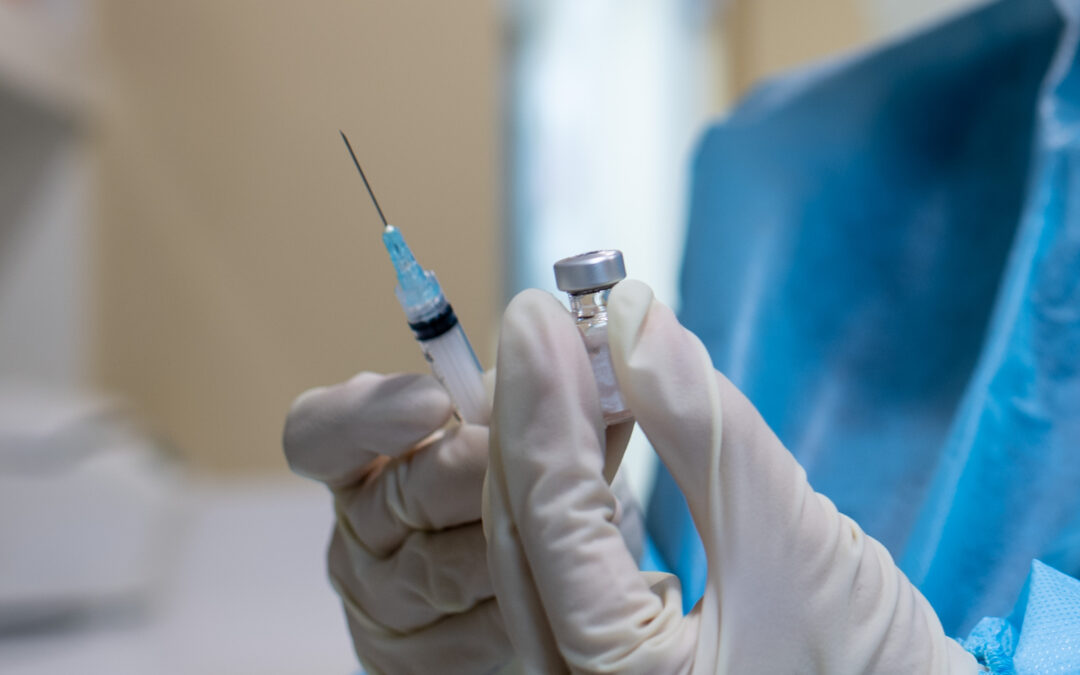BMJ Open published the research from Oxford university in UK which studied 39 patients of eating disorder out of which 10 were men between ages from 16-25.
The researchers framed their questions on four basic theme which are most relevant in diagnosing, identifying and managing patients with eating disorders like Anorexia Nervosa or Bulimia.
- Recognizing Signs & Symptoms of eating disorder
- Understanding that their is a problem
- Seeking help
- First and initial contact with a health care provider.
The research team concentrated answers of male patients only. The results were alarming. The symptoms of eating disorder like not eating for days, purging, obsessive calorie counting, excessive exercising, binging and forced vomiting were present in most of them and the fact that they themselves took several months to years just to release this could due to some kind of eating disorder. The common thought that eating disorders effect only girls seems to prevail not only in general public but also in these men as well.
The fact that eating disorder is more common in females, does not mean it cannot occur in male. The male patients who actually suffer from these disorders fall prey to generalization and in turn remain under-diagnosed and under-treated.
The other two revelation was that some of them realized that they do have some kind of eating disorder only when they were admitted to hospital for any acute illness either associated with eating disorder or when a physician asks detailed personal and social history.
Other had apprehension for seeking professional medical advice for not being taken seriously. While those who took medical advice got mixed response from health care worker. Which is not encouraging as well. This makes even health workers like doctors and nurses bias towards the gender in diagnosing and treating eating disorder.
Awareness is the only solution to this problem. The word needs to be spread not only to general public but also among health workers who seems who have gender bias as well when it comes to eating disorders.
The research team was not shy to point out that the sample size of the research was too small and the subject needs to be further researched with more older population as well as greater sample size.



